Gaslight (1944)
“Jewels are wonderful things; they have a life of their own.”
|
Synopsis: |
|
Genres:
Response to Peary’s Review: In his more in-depth analysis of Boyer’s performance, Peary writes that this “villain… is unique in the cinema and one of the most dastardly men ever portrayed… yet… one monster that no one will dispute exists in the real world”; he “never lets up on [Paula], always acting smug and patronizing, using her name as if it were an icepick: ‘You are inclined to lose things, Paula…’; … ‘Are you becoming suspicious as well as absentminded, Paula?'” In addition to strong lead performances by Bergman and Boyer, the film remains a satisfying thriller thanks to “unusually powerful direction by George Cukor”, as well as highly atmospheric cinematography by Joseph Ruttenberg and an “intricate scenic design”. With that said, the level of tension in the storyline suffers a bit from our knowledge at the outset that Boyer’s character is a murderous cad — and that Cotten (giving an undistinguished performance) will eventually come to Bergman’s assistance; the bulk of the film’s suspense lies in wondering how and when Bergman will finally come to realize she’s being duped. But while Peary argues (in Alternate Oscars) that throughout most of her performance she merely acts “docile and dazed” — and “only at the end… does [her] character switch from being infuriatingly ignorant to interesting” — I disagree: luminous Bergman is as compelling, convincing, and nuanced here as always. Watch for a young (17-year-old!) Angela Lansbury in her debut role as a tarty maid, and Dame May Whitty (providing mild relief from the film’s otherwise relentlessly gloomy air of oppressiveness) as a snoopy neighbor. Note: Peary points out that “an earlier [cinematic] version [of the play] was made in England in 1939-40, but MGM kept it out of circulation to benefit its own film”; this original version — co-starring Anton Walbrook and Diana Wynyard — is a worthy film in its own right, and recommended as an interesting comparative study. The two films are available as a double-feature on the 2004 DVD release. Redeeming Qualities and Moments:
Must See? Categories
(Listed in 1001 Movies You Must See Before You Die) Links: |
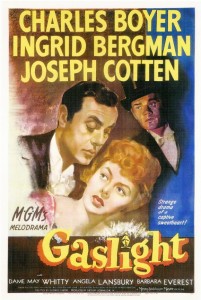
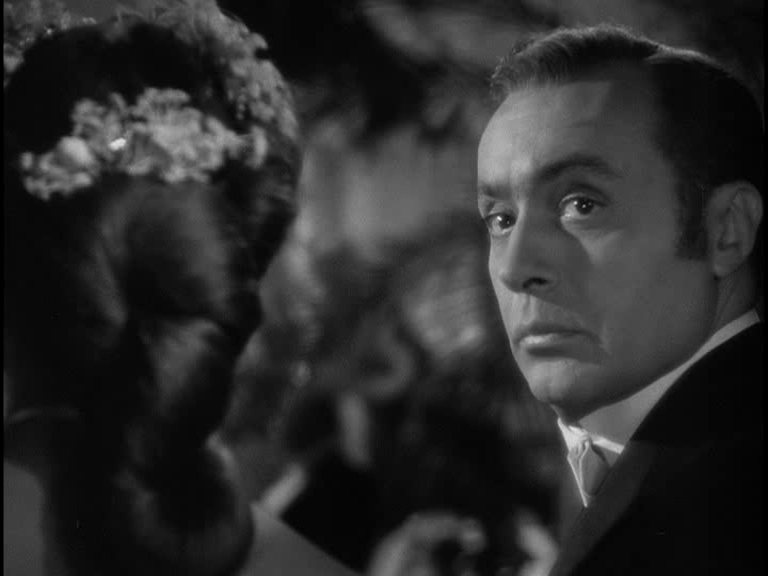
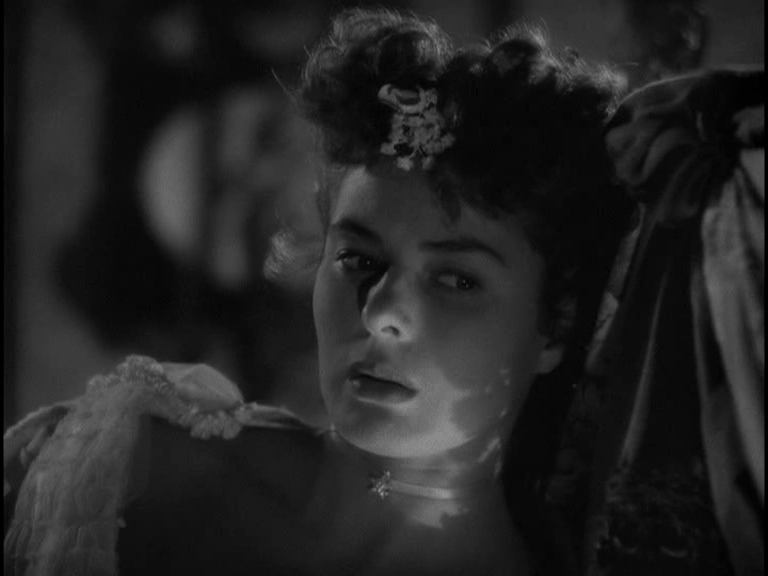
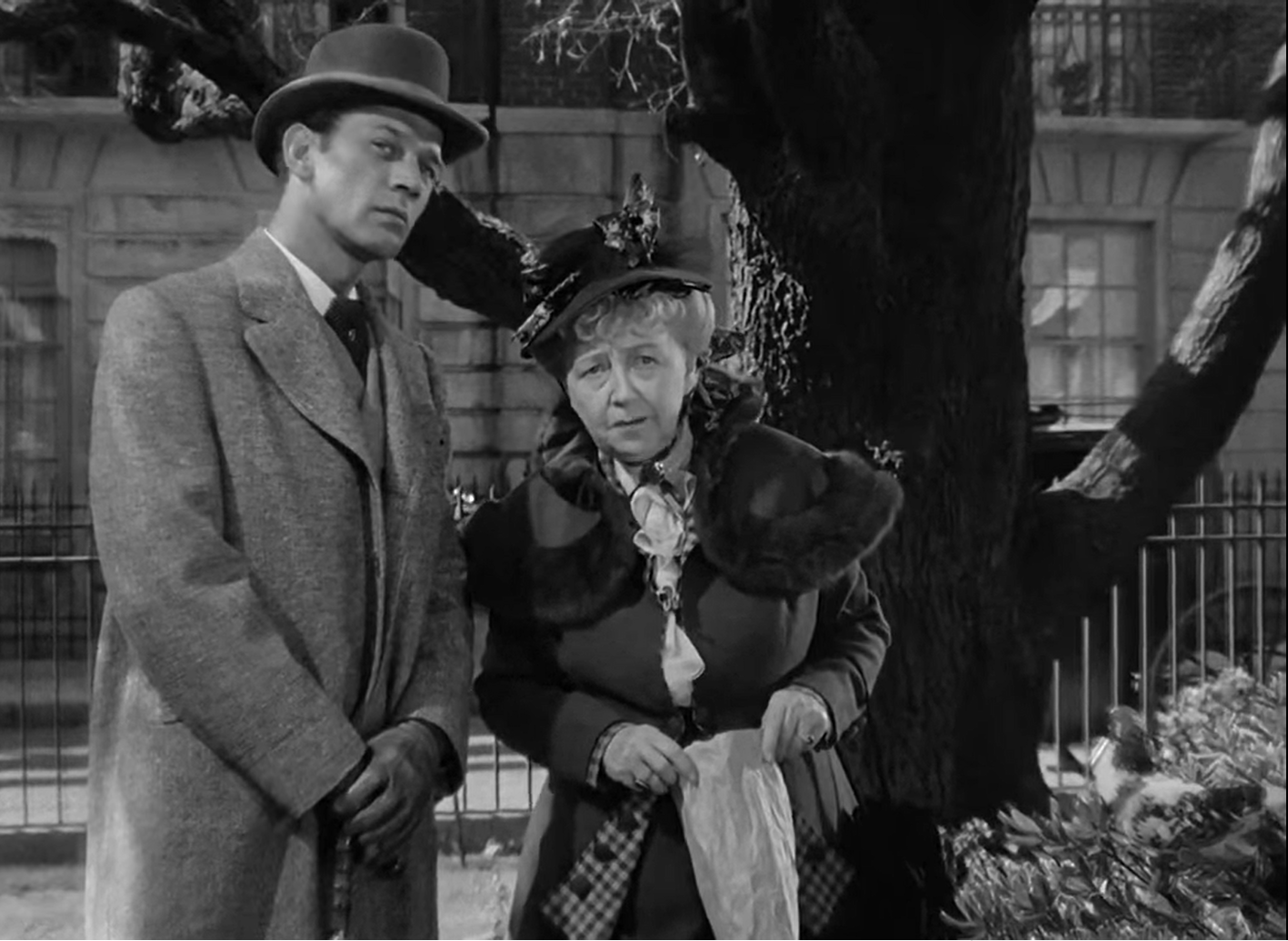
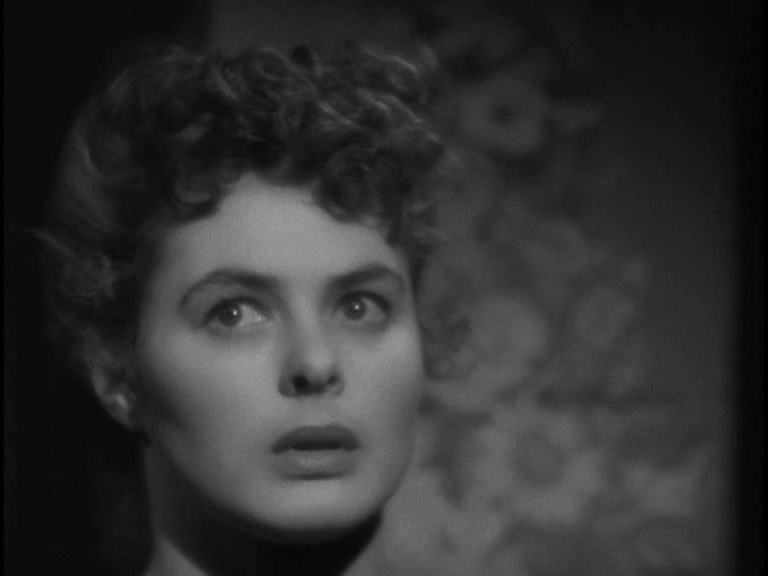
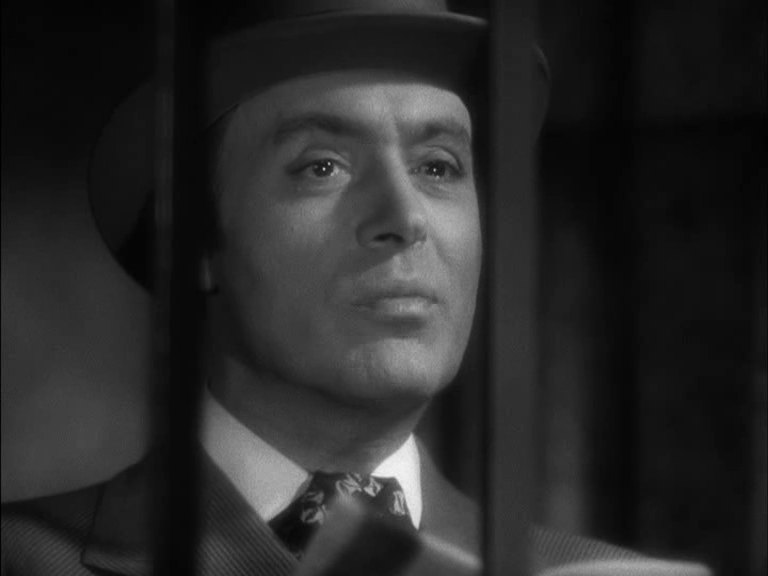

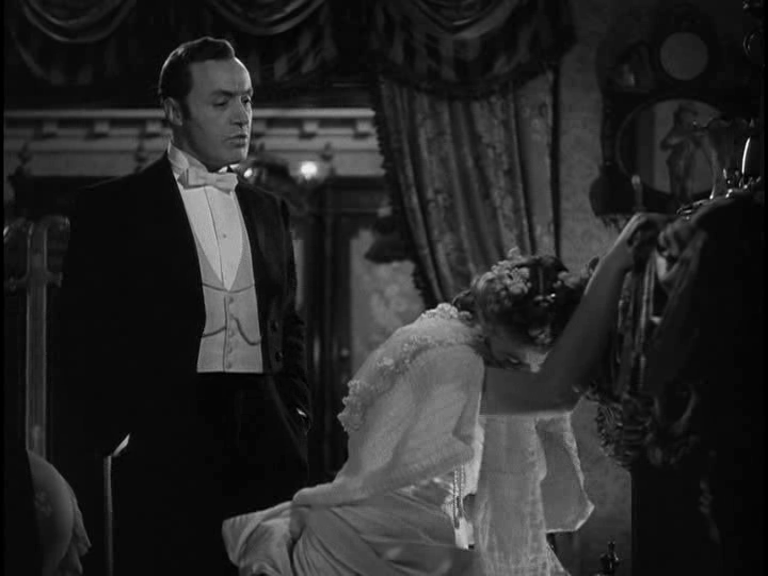
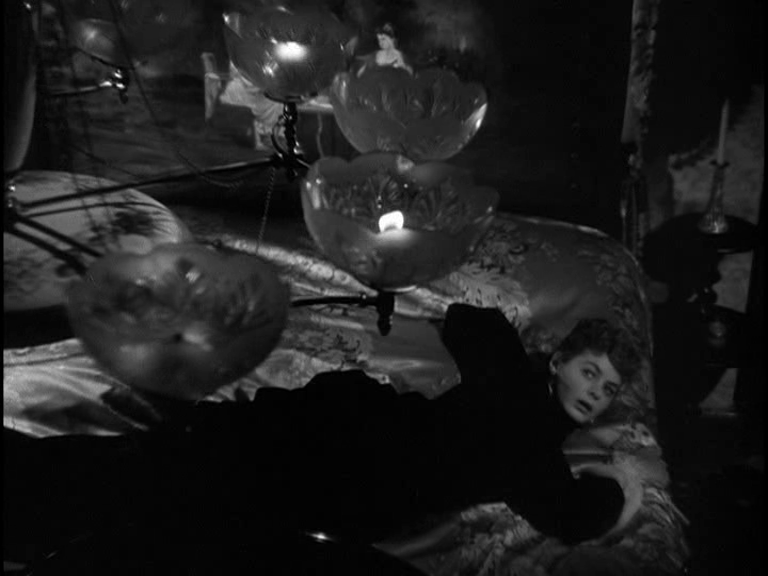
One thought on “Gaslight (1944)”
A once-must, as a respectable and well-made classic.
I would not put this among my favorite films, but I recognize that it is a sturdy American melodrama and, thankfully, among Cukor’s un-fussy films (in which he is more or less unobtrusive).
When the DVD was released as a double-bill with the British version, I watched them back-to-back. It’s likely that I had not seen the British version before. I remember thinking Diana Wynward seemed to barely register – certainly compared with Bergman. However, I was quite taken with Walbrook, somehow finding him more menacing than Boyer. I thought how intriguing it might have been to see Walbrook cast opposite Bergman.